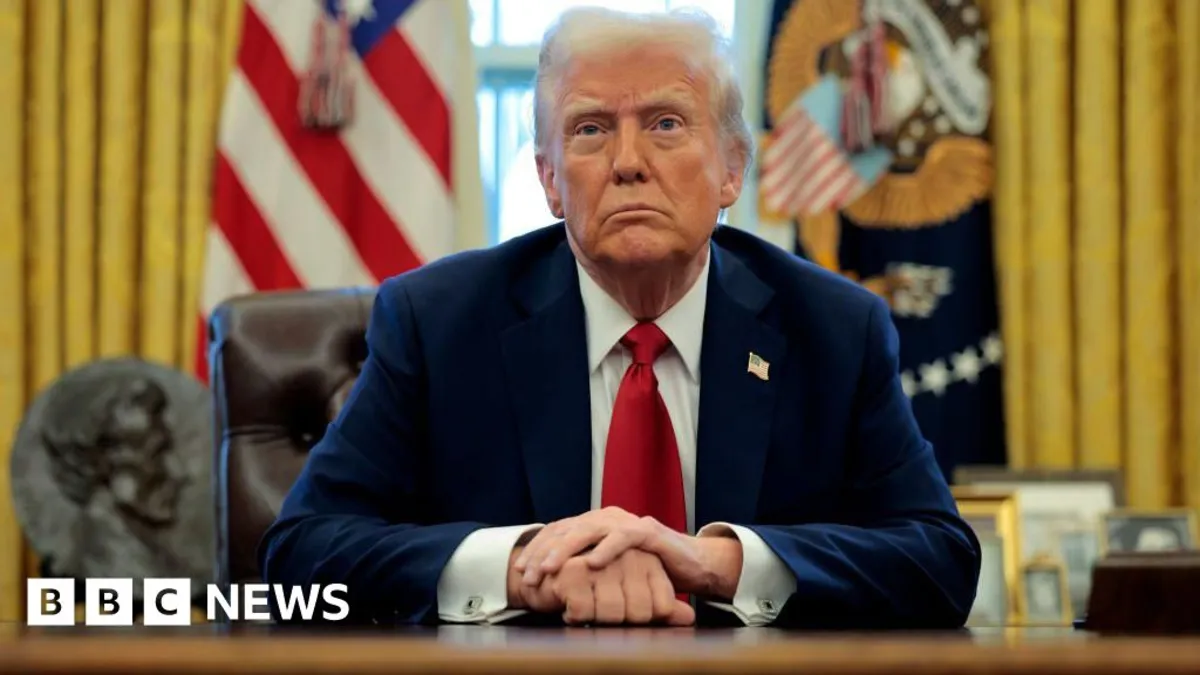
In a recent interview with NBC News, former President Donald Trump voiced his strong discontent with Russian President Vladimir Putin following weeks of stalled negotiations aimed at achieving a ceasefire in Ukraine. Trump articulated his frustrations, particularly concerning Putin's undermining of Ukrainian President Volodymyr Zelensky.
During the interview, Trump threatened to impose a significant 50% tariff on countries purchasing Russian oil if Putin does not agree to a ceasefire. "If Russia and I are unable to make a deal on stopping the bloodshed in Ukraine, and if I think it was Russia's fault - which it might not be... I am going to put secondary tariffs... on all oil coming out of Russia," Trump declared, marking a notable shift in his tone towards Putin and the ongoing conflict in Ukraine.
The comments come at a time when European leaders have expressed concerns that Trump was becoming too accommodating towards Putin. For several weeks, Trump has been demanding numerous concessions from Zelensky, while simultaneously flattering the Russian president. This recent outburst signals a departure from that dynamic, as the U.S. has not previously issued serious threats against Russia regarding the ceasefire negotiations.
In a brief ten-minute phone interview, Trump elaborated on his anger, particularly directed at Putin's criticism of Zelensky's leadership. "You could say that I was very angry, pissed off, when... Putin started getting into Zelensky's credibility, because that's not going in the right location," he stated. He emphasized that the perception of new leadership could hinder progress in negotiations for peace.
Trump asserted that the Russian leadership is aware of his discontent, yet he maintains that he has a good relationship with Putin, suggesting that his anger could dissipate if the Russian president acts appropriately. If Russia fails to adhere to a ceasefire, Trump warned of further economic repercussions: "There will be a 25% tariff on oil and other products sold in the United States," he noted, indicating that secondary tariffs could reach up to 50% on goods entering the U.S. from nations still importing oil from Russia, with China and India being the largest buyers.
Following Trump's interview, Zelensky took to social media to express his concerns, stating that Russia continues to seek excuses to prolong the conflict. He accused Putin of playing the same game since 2014, when Russia annexed the Crimean peninsula. Zelensky emphasized the need for a coordinated response from the United States, Europe, and other global partners who are committed to achieving peace in the region.
Trump concluded the interview by mentioning that he plans to speak with Putin later in the week, indicating that ongoing dialogue remains a priority as the situation in Ukraine continues to evolve.